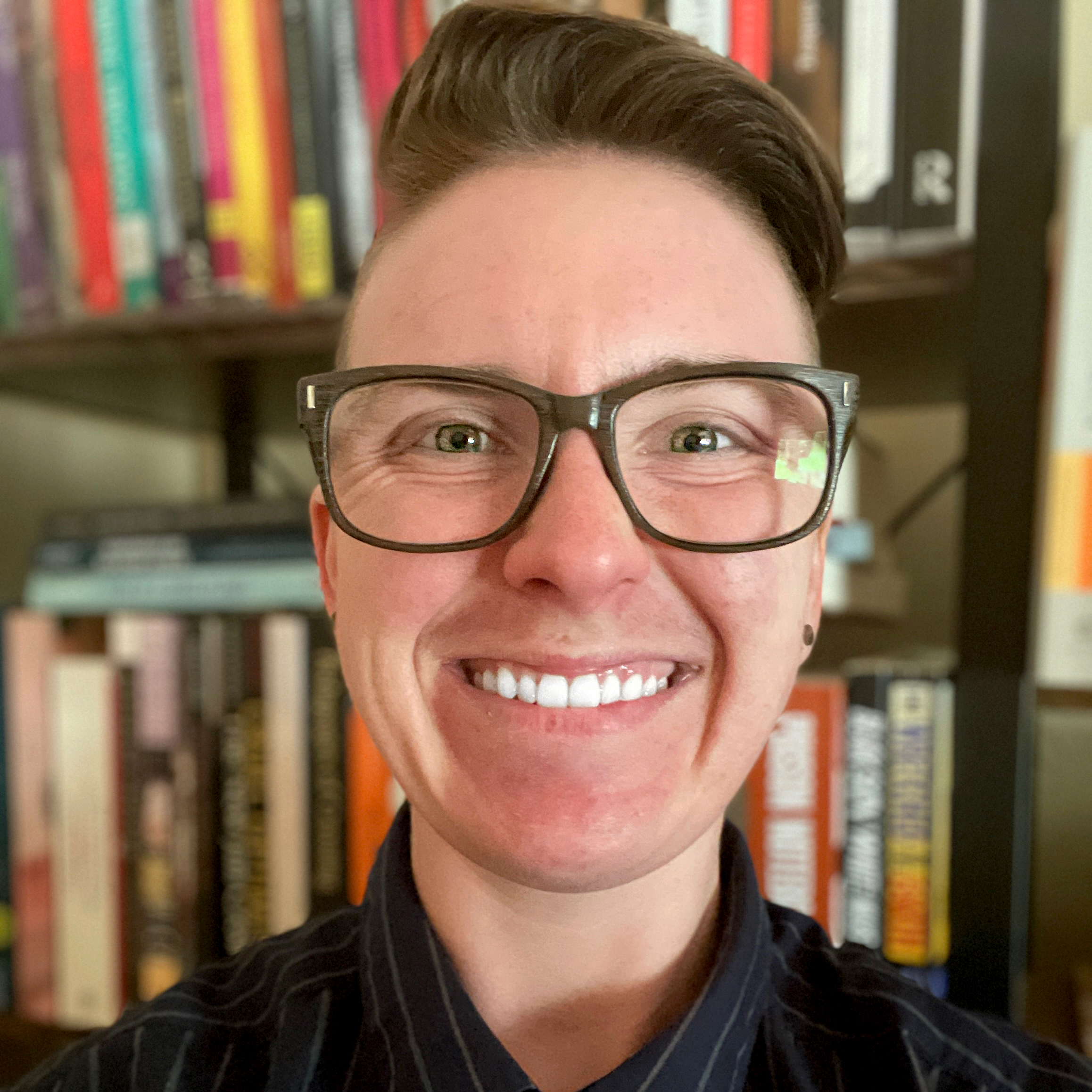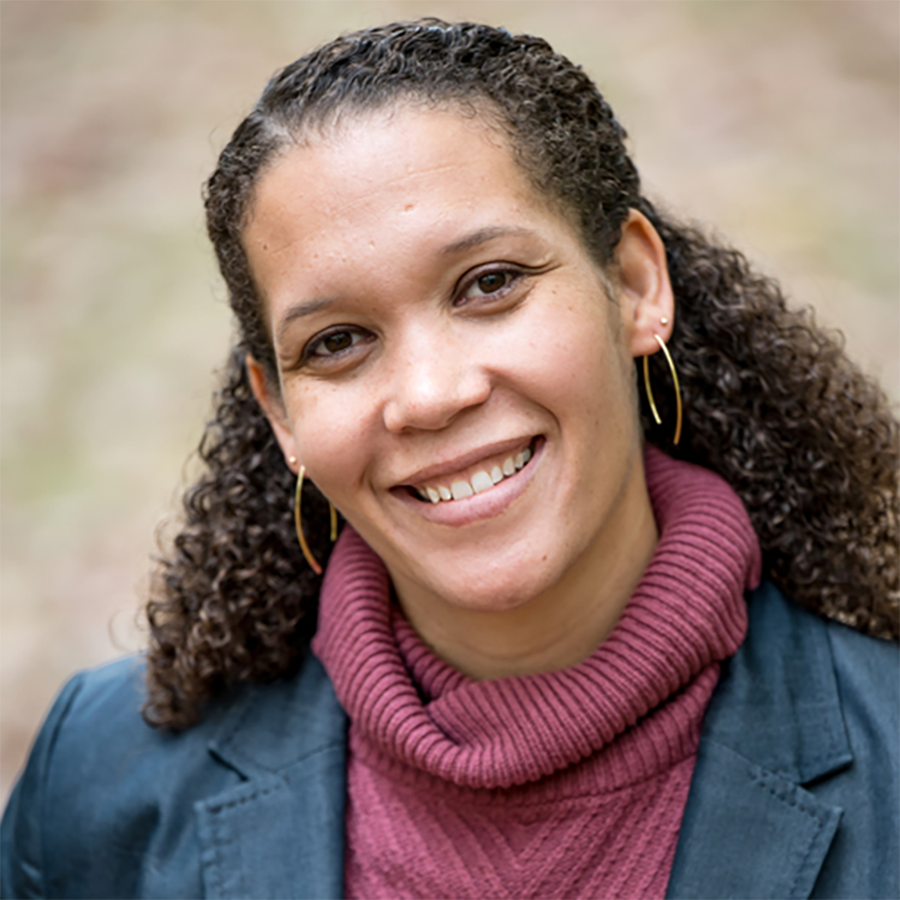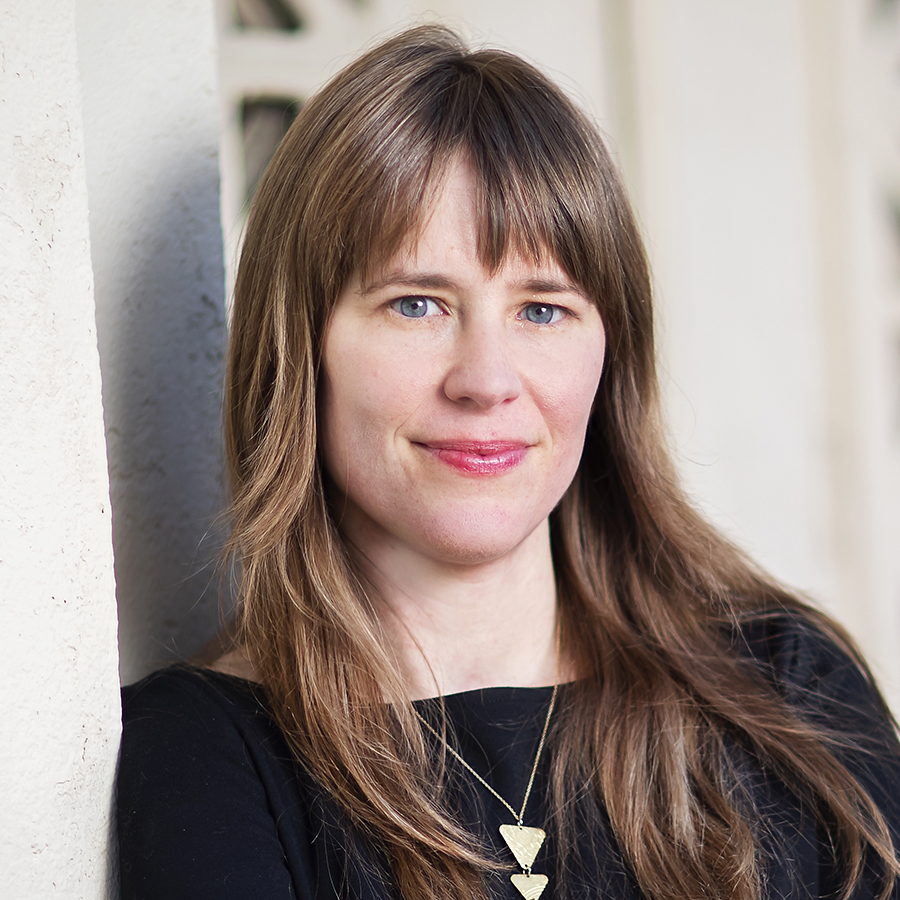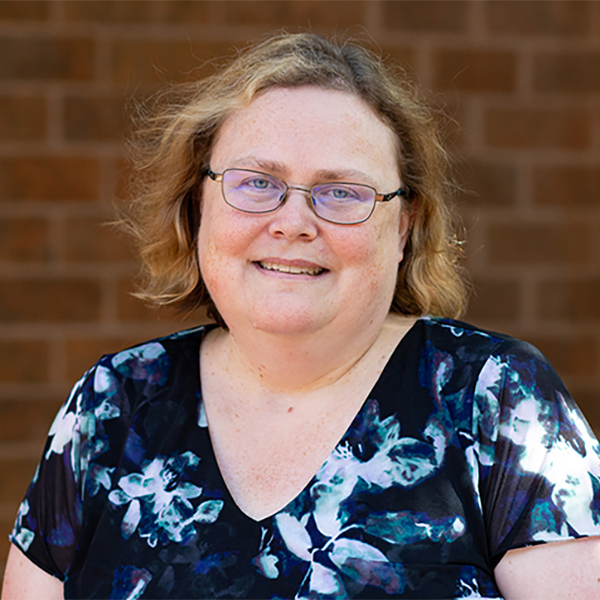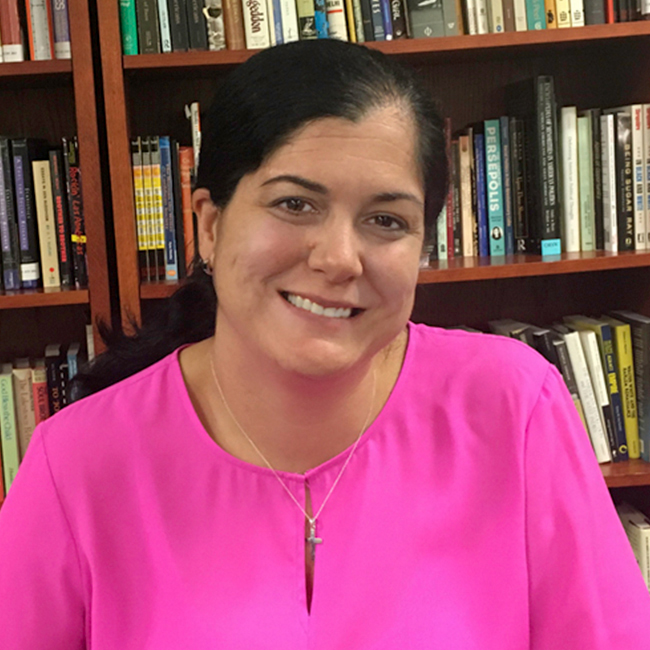
About the Online Dialogue, Ethics, and Social Good Certificate
Change is inevitable. As we adapt to meet the needs of this 21st century moment, dialogue, ethics, and social good are more important than ever. This certificate explores why, through foundational examples from across the arts and sciences; it also offers everyday strategies for addressing important social problems that impact our personal and professional lives. We will ground our work in historical and emergent practices that challenge us to do things differently. This includes engaging with stories, models, and divergent questions that encourage transformative thinking—in service of shaping change for the better.
Online Certificate in Dialogue, Ethics, and Social Good Requirements
Certificate students who complete four of the online courses listed below will earn a Certificate in Dialogue, Ethics, and Social Good. Those students are then eligible to pursue an Advanced Certificate in Dialogue, Ethics, and Social Good by taking two additional courses at the 2000 or 3000 level.
Certificate requirements:
- DISG 1000: Centering Dialogue as a Leadership Strategy (required course)
- Three other certificate courses (any level)
Advanced certificate requirements:
- DISG 1000: Centering Dialogue as a Leadership Strategy (required course)
- Three other certificate courses (any level)
- Two other certificate courses (2000 – 3000 level)
Flexible Course Schedule and Tuition
Penn LPS Online courses in the Certificate in Dialogue, Ethics, and Social Good are offered on an accelerated (8-week) schedule. Courses in the online certificate program are largely asynchronous with some synchronous sessions to be scheduled by the instructors. All Penn LPS Online courses are taught at the undergraduate level by Penn instructors.
You have the option to enroll in individual Dialogue, Ethics, and Social Good courses without committing to the entire online certificate, enjoying the flexibility and expertise offered by Penn LPS Online to suit your schedule and interests. Visit the Cost of Attendance page for course tuition and fee rates.
*Academic credit is defined by the University of Pennsylvania as a course unit (c.u.). A course unit (c.u.) is a general measure of academic work over a period of time, typically a term (semester or summer). A c.u. (or a fraction of a c.u.) represents different types of academic work across different types of academic programs and is the basic unit of progress toward a degree. One c.u. is usually converted to a four-semester-hour course.
The Certificate in Dialogue, Ethics, and Social Good prepares you to:
- Analyze structural expressions of power, status, and capital in society
- Examine the ways race, class, sexuality, gender, and disability impact individual and group dynamics
- Demonstrate applied strategies for collaboration and community-building in personal and professional contexts
- Use qualitative and/or quantitative methods to investigate the psychological, cultural, political, economic, and environmental elements of organizational life
- Design practices that promote care, well-being, and emergent leadership in physical and digital spaces
- Evaluate examples of dialogue, ethics, and social good across sectors and disciplines
- Build adaptive toolkits that support information literacy, informed decision-making, and deliberate action
Online Dialogue, Ethics, and Social Good Courses
- DISG 1000: Centering Dialogue as a Leadership Strategy (required course)
- ICOM 1000: Intercultural Communication
- DIGC 1200: Digital Literacy and Cultural Change
- ENLT 1200: Literature, Culture, and Society
- DISG 1600: Race and Ethnicity in Organizations
- DISG 1700: Gender and Sexuality in Everyday Life
- ETHC 2000: Ethics and Society
- DISG 2000: Organizational and Institutional Power
- DISG 2100: Cultural and Social Identity
- DISG 2600: Addressing Inequity Through Art and Design
- APOP 2700: Flourishing and Well-Being in Resilient Communities
- RELC 3100: Spirituality, Wellness, and Identity: Making Meaning in the Modern World
- DIGC 3200: Designing Critical Futures
*This course may not be offered every academic year. Check the course page or our course guide to see when upcoming terms are added.
Courses are subject to change.

